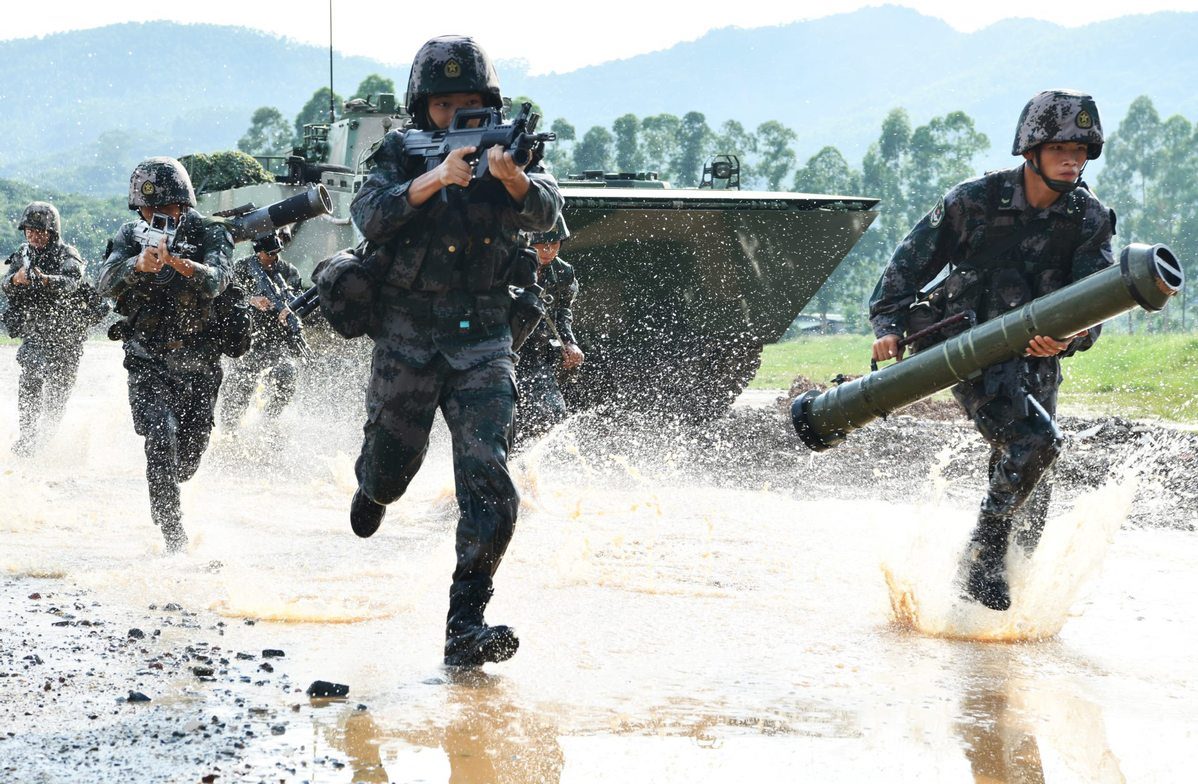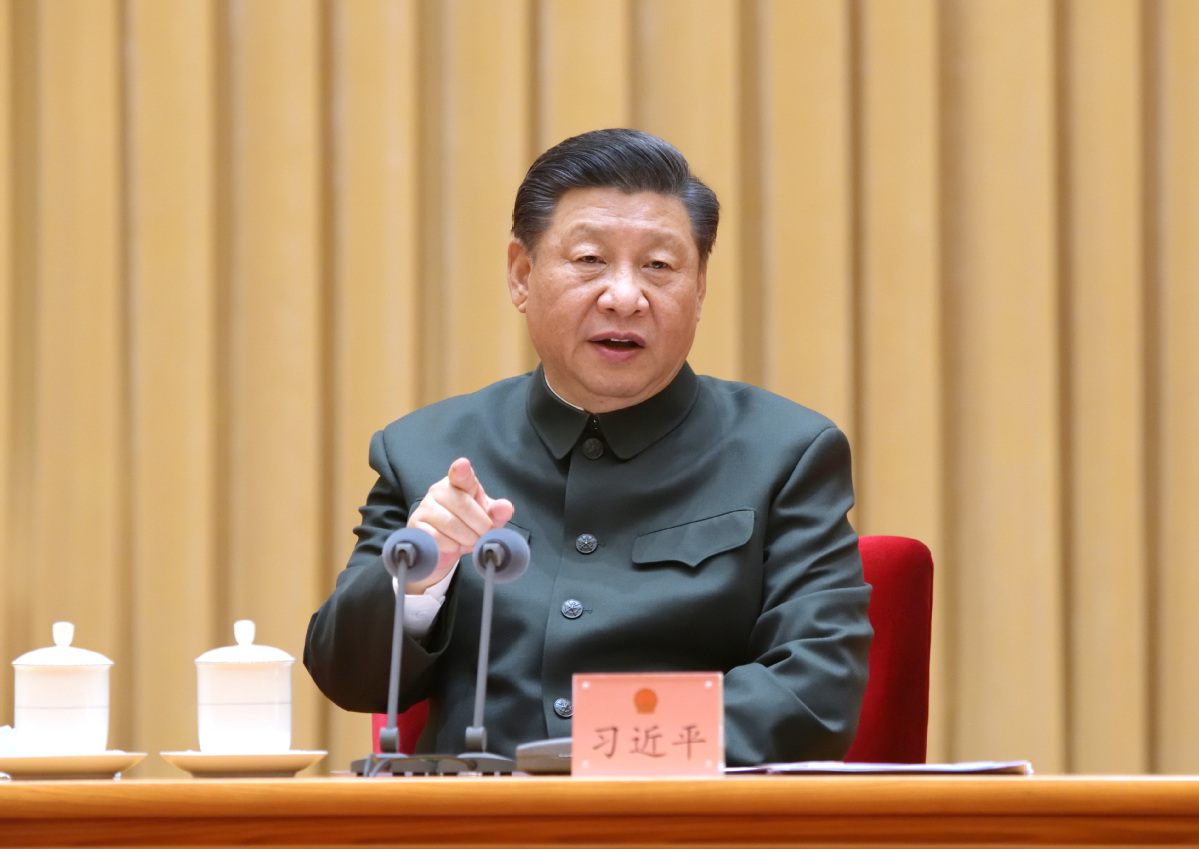Marking the 100th anniversary of the Chinese Communist Party, President Xi Jinping warned foreign powers that China “will never allow any foreign force to bully, oppress, or subjugate us”.
“Anyone who would attempt to do so will find themselves on a collision course with a great wall of steel forged by over 1.4 billion Chinese people” he added.
Jinping’s statement follows a statement by NATO’s Secretary-General, Jens Stoltenberg, who waned against the challenges China posed.
“We are concerned by China’s coercive policies which stand in contrast to the fundamental values enshrined in the Washington Treaty. China is rapidly expanding its nuclear arsenal with more warheads and a larger number of sophisticated delivery systems” warned Stoltenberg.
US President Joe Biden raised similar concerns telling reporters;
“The democratic values that undergird our alliance are under increasing pressure, both internally and externally […] Russia and China are both seeking to drive a wedge in our trans-Atlantic solidarity.”
Militarisation

Photo Credit: China Daily
During his speech, Jinping spoke of the need for China to “accelerate the modernization of national defence and the armed forces”.
He further added:
“On the journey ahead, we must fully implement the Party’s thinking on strengthening the military in the new era as well as our military strategy for the new era, maintain the Party’s absolute leadership over the people’s armed forces, and follow a Chinese path to military development”.
In the past year, China has bolstered its claim in the South China Sea, increased patrols around the Japanese-controlled Senkaku/Diaoyu Islands, clashed with India in the Himalayas and sent warplanes across the median line in the Taiwan Strait.
In Sri Lanka, the passage of the controversial Colombo Port City bill has further raised economic and security concerns as it is seen as China strengthening its foothold in the Indian ocean.
Denial of self-determination

Photo Credit: China Daily
Jinping’s also commented on both Hong Kong, Macao, and Taiwan.
On the former, he claimed that China would stay true to “the principle of One Country, Two Systems, under which the people of Hong Kong administer Hong Kong and the people of Macao administer Macao”.
This, he maintains, would “ensure that the central government exercises overall jurisdiction over Hong Kong and Macao, and implement the legal systems and enforcement mechanisms for the two special administrative regions to safeguard national security”.
![]() Photograph: Protests in 2019 (Studio Incendo)
Photograph: Protests in 2019 (Studio Incendo)
This statement follows the passage of a draconian national security bill, which included 66 articles and harsh penalties, covers a wide range of alleged offences including on “secession” and “terrorism”. The bill aimed to target Hong Kong democratic activists who continued to protest China’s encroachment on their sovereignty.
Commenting on Taiwan, he noted,
“Resolving the Taiwan question and realizing China’s complete reunification is a historic mission and an unshakable commitment of the Communist Party of China”.
“We will uphold the one-China principle and the 1992 Consensus, and advance peaceful national reunification” he added.
Responding to Jinping’s speech,
Taiwan’s China policy-making Mainland Affairs Council rejected the “one China principle” stating;
“Our government’s determination to firmly defend the nation’s sovereignty and Taiwan’s democracy and freedom and to maintain peace and stability across the Taiwan Strait remains unchanged.”
Read Jinping's full statement here.
